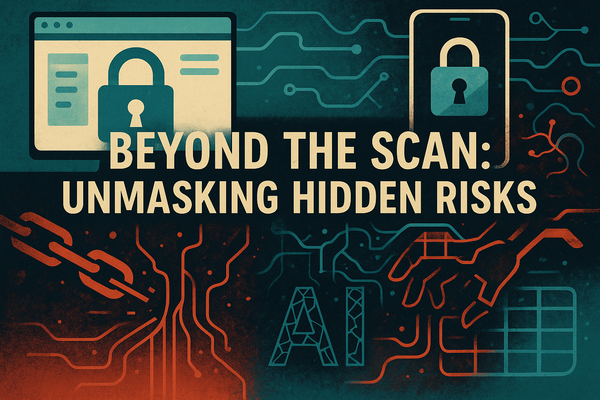Mergers and Acquisitions: The Imperative of Cybersecurity Due Diligence

In the high-stakes world of mergers and acquisitions (M&A), due diligence is a cornerstone. While financials, operations, and legal aspects often take center stage, the importance of cybersecurity assessments cannot be overstated. In an era where cyber threats are omnipresent, ensuring that potential vulnerabilities are not overlooked is paramount. This article underscores the significance of cybersecurity due diligence in the M&A landscape.

Table of Contents
- The Evolving M&A Landscape: Digital Assets in Focus
- Why Cybersecurity Due Diligence Matters
- Key Components of Cybersecurity Assessments in M&A
- Challenges and Solutions in Cybersecurity Due Diligence
- Conclusion
1. The Evolving M&A Landscape: Digital Assets in Focus
Mergers and acquisitions have evolved. Today, digital assets, from proprietary software to customer data, often represent a significant portion of a company's value. As such, assessing the security of these assets is crucial in the M&A evaluation process.
2. Why Cybersecurity Due Diligence Matters
- Asset Protection: Identifying and addressing vulnerabilities ensures that the acquired digital assets retain their value post-acquisition.
- Financial Implications: Uncovering potential cybersecurity issues can prevent unforeseen costs related to data breaches or compliance penalties.
- Reputation Management: Ensuring cybersecurity robustness protects the reputation of the acquiring company and fosters trust among stakeholders.
- Strategic Decision-making: A thorough cybersecurity assessment can influence the terms of the deal or even the decision to proceed with the acquisition.
3. Key Components of Cybersecurity Assessments in M&A
- Infrastructure Evaluation: Review the target's IT infrastructure for potential vulnerabilities and outdated systems.
- Data Protection Protocols: Assess how the target company protects sensitive data, including customer information and intellectual property.
- Compliance Adherence: Ensure that the target company adheres to relevant data protection regulations and industry standards.
- Incident History Review: Examine the target's history of cybersecurity incidents and their response strategies.
4. Challenges and Solutions in Cybersecurity Due Diligence
Challenges:
- Limited access to the target's detailed IT documentation.
- Time constraints in the fast-paced M&A process.
- Differing cybersecurity standards and protocols between the acquiring and target companies.
Solutions:
- Engage third-party cybersecurity experts to conduct an impartial and thorough assessment.
- Prioritize cybersecurity assessments early in the M&A process.
- Develop a standardized cybersecurity evaluation framework for all M&A activities.
5. Conclusion
In the intricate dance of mergers and acquisitions, cybersecurity due diligence is not just a step—it's a leap towards ensuring the success and value of the acquisition. By prioritizing cybersecurity assessments, companies can navigate the M&A journey with confidence, ensuring that they are not just acquiring assets, but also peace of mind.






